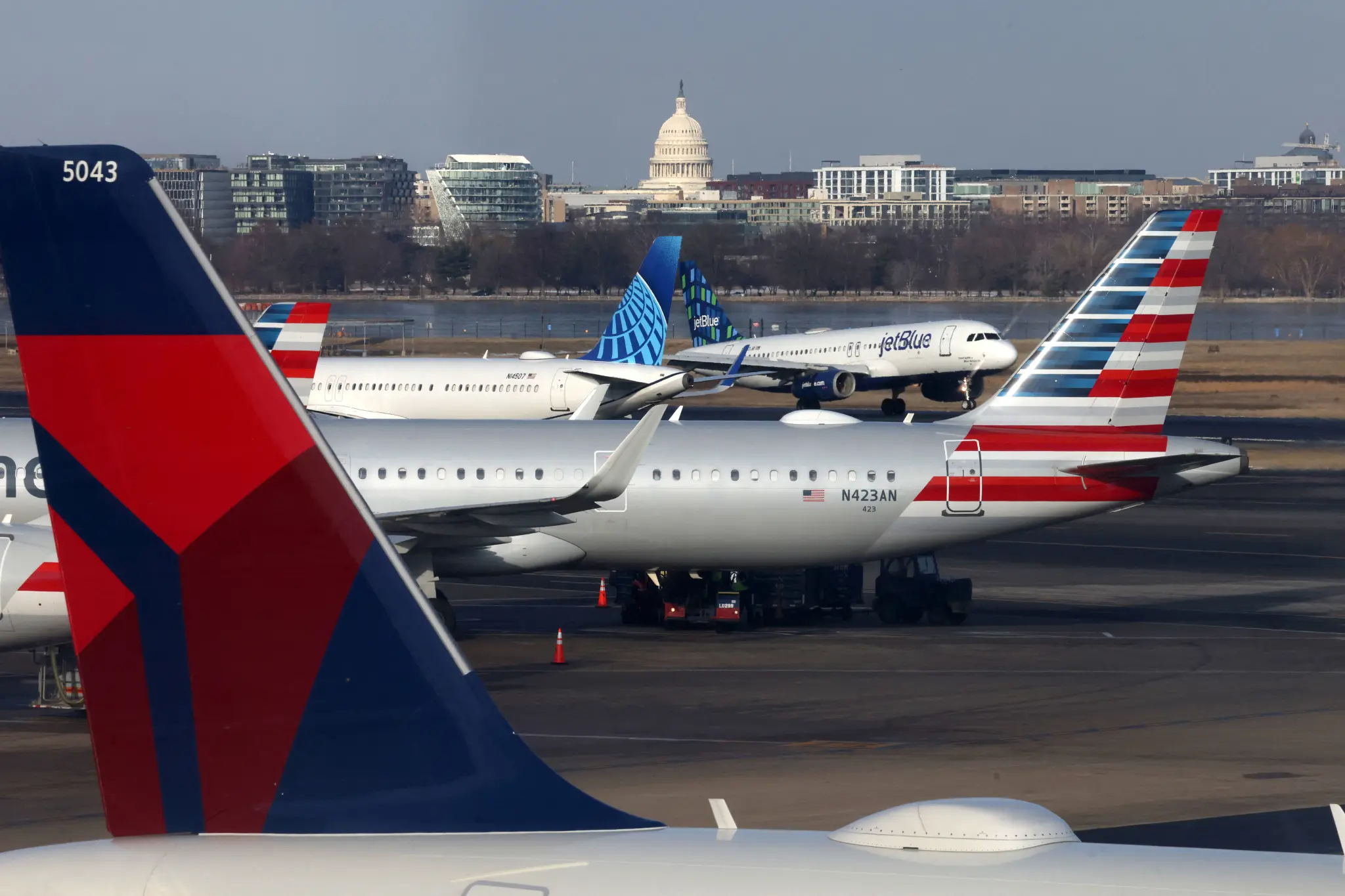A U.S. appeals court has put a pause on a new airline rule introduced by the Biden administration that was supposed to make airlines disclose extra fees upfront. The court decided that while the Transportation Department (USDOT) does have the authority to create such rules, it didn’t follow the right procedures before finalizing them.
The main issue? The department didn’t give airlines a chance to review and comment on a study that was used to justify the new rules. So now, the court has sent the rule back to USDOT, giving them an opportunity to fix the mistake. Since January 20, when the Trump administration took over, the department hasn’t said whether it plans to move forward with the rule or make changes.
The rule, announced in April 2024, required airlines and ticket booking platforms to clearly display fees—like baggage charges—alongside the airfare, helping travelers avoid unexpected costs. But airlines, including American Airlines, Delta Air Lines, United Airlines, JetBlue, and Alaska Airlines, along with industry groups like Airlines for America and the International Air Transport Association, pushed back. They sued in May to block the rule, arguing it would cost them millions to update their systems.
Airlines for America, one of the groups leading the legal challenge, said they are reviewing the court’s decision but didn’t provide further comment.
If the rule had stayed in place, airlines would have had to share fee details with third-party booking sites by October 2024 and display them on their own websites by April 2025. USDOT had previously estimated that passengers were overpaying by about $543 million a year in surprise fees, often being charged higher rates at the airport for services like checking a bag.
Many major U.S. airlines have already increased baggage fees in the past year. In 2023 alone, they made a staggering $7.1 billion just from baggage charges—up from $6.8 billion in 2022.
USDOT had argued that the rule would put an end to what it called “bait-and-switch” tactics, where airlines advertise low fares but tack on extra costs later. While the legal battle continues, for now, travelers will still need to carefully check for hidden fees when booking their flights.

Leave a Reply